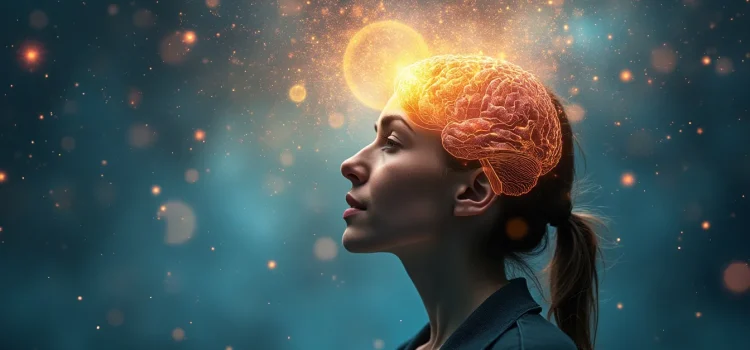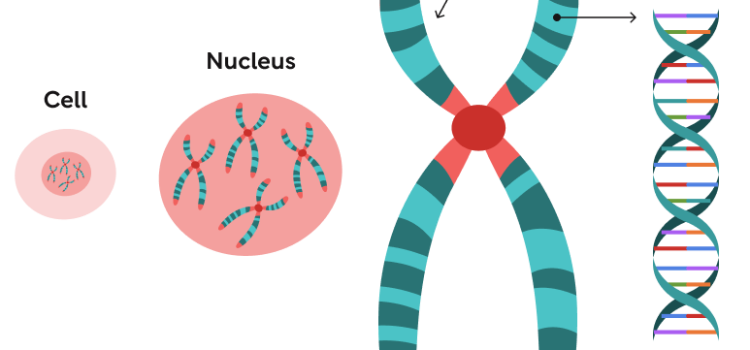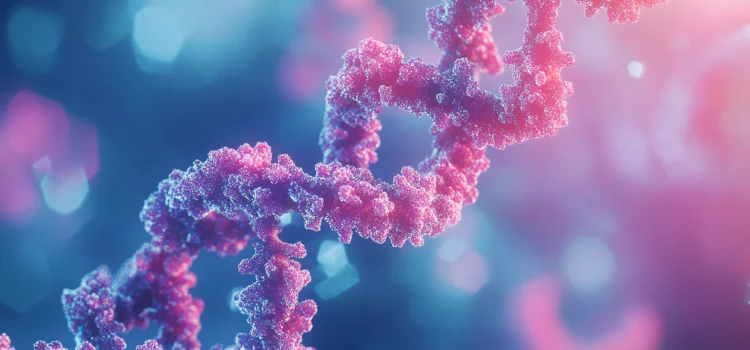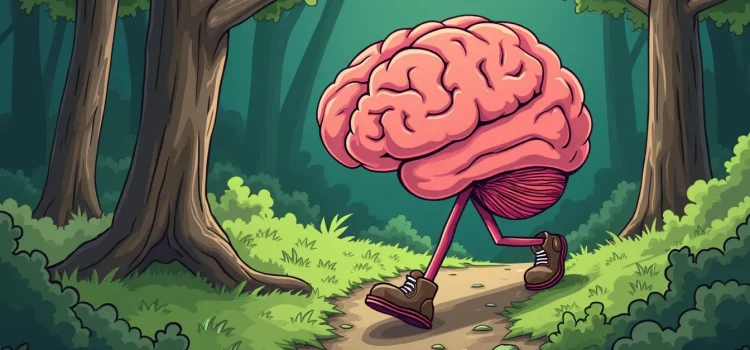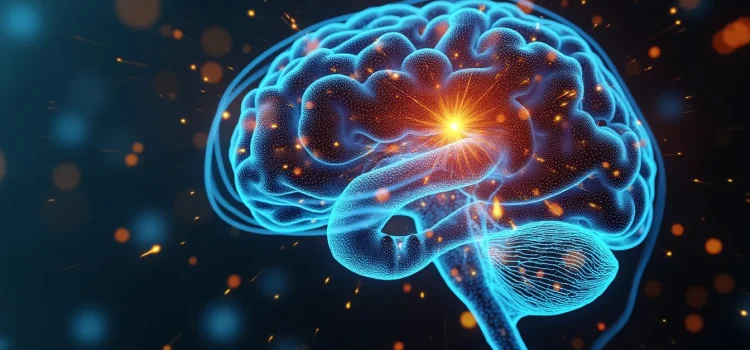What are the different types of ADHD medications? Are stimulants or non-stimulants better to treat ADHD? Attention-Deficit/Hyperactivity Disorder is a condition arising from a biological deficiency of dopamine and norepinephrine. Thankfully, ADHD can be managed using medication. Find out the different options you have for ADHD treatment.
The Pros & Cons of Different Types of ADHD Medications



